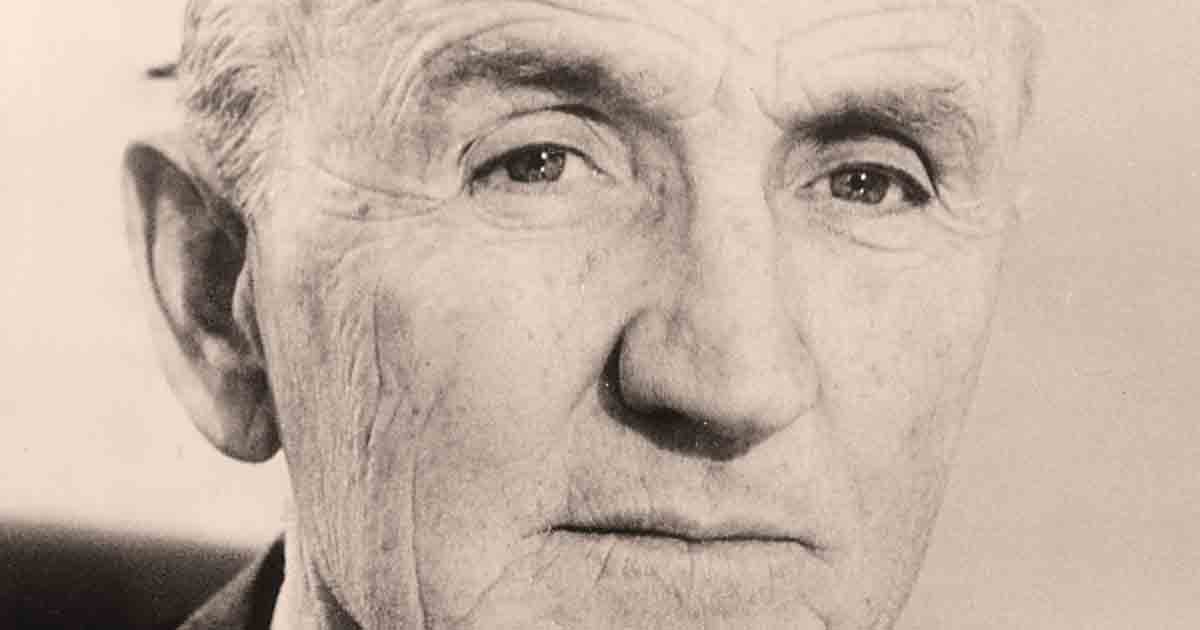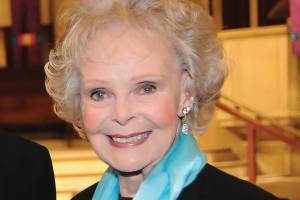This article contains affiliate links. As an Amazon Associate we earn from qualifying purchases.
By SUZANNE WARING
In 1912 when Mike Mansfield was close to 10 years of age, his father, Patrick, fell from a 35-foot wall while working in construction and was slowly recovering. Then his Irish native mother, Josephine, died, leaving no one to care for Mansfield and his two younger sisters, Katie and Helen. Patrick wrote to his uncle who lived in Great Falls, Montana, requesting he take the children. Mansfield’s great aunt went to New York City by train and returned with the children.
By the time Mansfield was 14, he was old enough to think he could control his destiny. He habitually ran away from home. At 15, he finally got away by riding the rails to the West Coast, lying about his age and enlisting in the Navy, where he served on convoy duty in the Atlantic for 10 months.
Later he enlisted and served in both the Army and the Marines. While in the Marines, he served in the Philippines and was able to get a glimpse of China, which became an intense interest for the rest of his life.
By the time he was 19, Mansfield had served in three branches of the armed forces, never rising above the rank of private first class. He wore the Marines’ discharge button in his lapel for years.
After being released from the Marines, Mansfield heard they were hiring in the Butte mines, where he found himself working for $4.25 a day. He later said, “My 10 years as a mucker, miner, and sampler were 10 years well spent.”
Since he worked at night, he decided to attend the Montana School of Mines during the day. Six years into his years in the mines, Mansfield started dating a copper-haired high school teacher, Maureen Hayes. Maureen tutored him in his courses.
When the mines began to close down, Mansfield was offered a job in Chile. Maureen asked him if he really wanted to work in the mines the rest of his life. Together they decided he would use the money he had saved to attend the University of Montana, and she would continue to teach and help finance his education. That arrangement lasted one year. She moved to Missoula, and they were married.
In 1933 Mansfield received both his high school diploma and his college degree. When he couldn’t find a job teaching history, a college professor stepped in and gave him an internship where he could teach classes and work on getting a master’s degree.
Mansfield recounted, “Here was the goal for which Maureen and I had been striving. Here I was, at last, truly a part of the world of books and ideas.”
He taught classes in Latin American and Far Eastern History while he was working on his master’s degree and afterward.
Because Mansfield was a loner, it was Maureen who pushed him toward politics. He ran for US Representative in 1938 and lost in the primary. Mansfield started campaigning for the position the day after his defeat. He went on to win the house seat for the western district in 1942, never to be defeated again.
Mansfield’s years of teaching and his military experience gave him a position on the House Foreign Affairs Committee, which he coveted and felt privileged to attain as a freshman. He wanted to travel the world.
He talked President Roosevelt into sending him to China, a place of little interest to other legislators. During his years in the House, he supported price controls, a higher minimum wage, the Marshall Plan, and aid to Turkey and Greece. He opposed the House Un-American Activities Committee, and Joe McCarthy was one of the few people who got under his skin.
During the Senate race in 1951, McCarthy came to Montana to support incumbent Zales Ecton and called Mansfield a “coddler of communism,” among other names. Mansfield narrowly won.
Back in Washington D. C., McCarthy slapped Mansfield on the back and said, “How’s Montana?” Mansfield replied, “Much better after you left.”
When Lyndon Johnson became vice president, he thought he would continue to run the Senate and allow quiet Mansfield to hold the title of Senate Majority Leader in name only. Other Senators put an end to that, and Mike Mansfield became their leader in both name and responsibility.
At the time The Washington Post wrote, “Instead of Johnson’s browbeating tactics, Mansfield leads by setting an example of humility and accommodation.”
In the Senate, he was considered a Senator’s senator, liked and respected by his colleagues. They knew his word was Bible. They trusted his motives and listened to his advice.
One of Mansfield’s laws of life was, “There are two sides to almost every issue. Sometimes the other side is right—it doesn’t do any harm to listen.”
In 1963, President Kennedy spoke to an audience in Billings, Mont. He said of Mansfield, “I know that those of you who live in Montana know something of his character and his high standard of public service. I am not sure that you are completely aware of what a significant role he has played in the last three years in passing through the United States Senate measure after measure which strengthens this country at home and abroad.”
In his memoirs, Henry Kissinger wrote that Mansfield, “was not just any senator, he was one of that small band of patriots who have made our maddeningly delicate system of checks and balances actually work.”
Mansfield loved Montana and represented its residents in the US House of Representatives and Senate for 34 years. He was in his office by 7 most mornings to catch the first mail delivery from Montana and made a point of seeing as many Montanans visiting Washington as possible.
“If I forget Montana, they’re going to forget me,” he said, “I know how I got here.”
When Kennedy was assassinated, Jacqueline Kennedy asked Mansfield to speak when President Kennedy’s casket lay in state in the Capitol rotunda.
Mansfield said, “President Kennedy gave that we might give of ourselves, that we might give to one another until there would be no room, no room at all, for the bigotry, hatred, prejudice, and arrogance which converged in that moment of horror to strike him down.”
Being strategic, Mansfield filed a procedural motion to have the Civil Rights Act in 1964 debated by the whole Senate rather than by the Judiciary Committee, where the bill would have been killed. Even with a Democratic majority, he knew 24 Democrats from the South would vote against it.
He needed Republicans to vote for it, which they did, and it became law. The Civil Rights Acts of 1957 and 1960 had been made law, but this bill had the teeth in it that were needed.
Mansfield retired from the Senate in 1976 after being the longest serving US Majority Leader in the history of the Senate. In April 1977, President Jimmy Carter appointed him ambassador to Japan. Mansfield stayed there until 1988, even under Reagan’s Republican administration.
Mansfield brought his experience in Asian affairs to this position as ambassador, where he addressed trade and defense issues and was relied upon for his wisdom. Connecting the two countries helped foster relations between Japan and his home state of Montana.
In 1989 he was awarded the Presidential Medal of Freedom. This was just one of many honors he received over the years. He passed away on October 5, 2001.
Although he said, “When I’m gone, I want to be forgotten,” we remember that Mike Mansfield served with seven Presidents and held the highest office in the country that a Montanan has ever held while also representing the state. For sure, we won’t forget him. MSN








